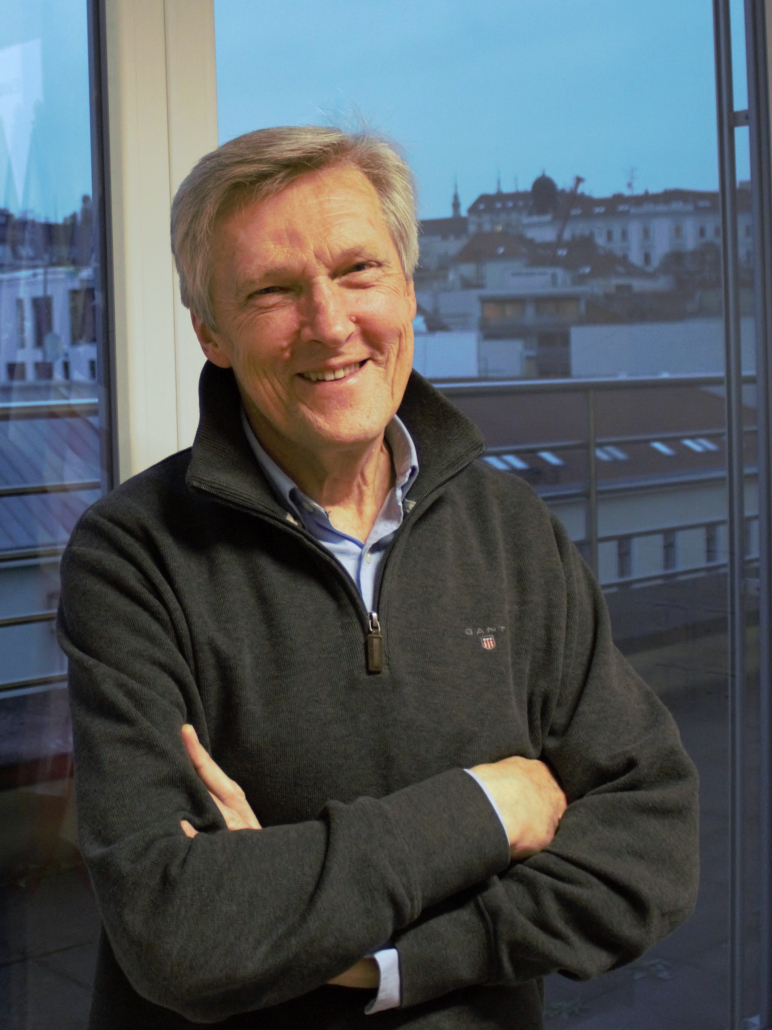We can fix genes, but I wouldn’t want to tamper with nature,” says a globally esteemed biologist Josef Jiřičný
At the age of eighteen, he emigrated to England, studied chemistry in Birmingham, and earned his doctorate in London. Although originally a chemist, he gradually shifted his focus to the research of cancer biology and molecular DNA biology. He discovered proteins that prevent the onset of hereditary colorectal cancer. In addition to the United Kingdom, he worked in Italy and Switzerland. An esteemed molecular biologist, an expert in cancer biology, and former director of the Institute for Molecular Cancer Research in Zurich, professor Josef Jiřičný visited his homeland after some time. He came to the International Clinical Research Center (ICRC) in Brno on the occasion of evaluating scientific teams.

You are a member of the European Molecular Biology Organization and the scientific society Academia Europaea. Since the age of 18, you have been living in London, studying in Birmingham and London, and working in Basel, Switzerland. A few years ago, you became a member of the International Scientific Council of Masaryk University. What differences do you see in science here and abroad?
I believe that the average quality of university education in the Czech Republic is very high. In the Czech Republic, the study lasts for five years, and students gain not only theoretical but also practical knowledge. In the British system, a graduate with good results can go directly to a Ph.D. program. However, during bachelor’s studies, one doesn’t gain much practical experience. Here, because the study duration is longer, students acquire many more practical skills. In England, where I studied, there are significant differences in the level of individual universities. In the Czech Republic, the basic curriculum taught at MUNI, UP in Olomouc, or anywhere else is very similar. We have state-prescribed standards, ensuring that a master’s graduate in one field in Prague has comparable knowledge to a master’s graduate in the same field in Hradec. In Britain, only a handful of talented high school students get into certain universities; subsequently, they are taught by world-class experts, but significant demands are placed on student performance. They leave with a unique education, incomparable to other British schools. In the Czech Republic, basic higher education is considered equivalent.

